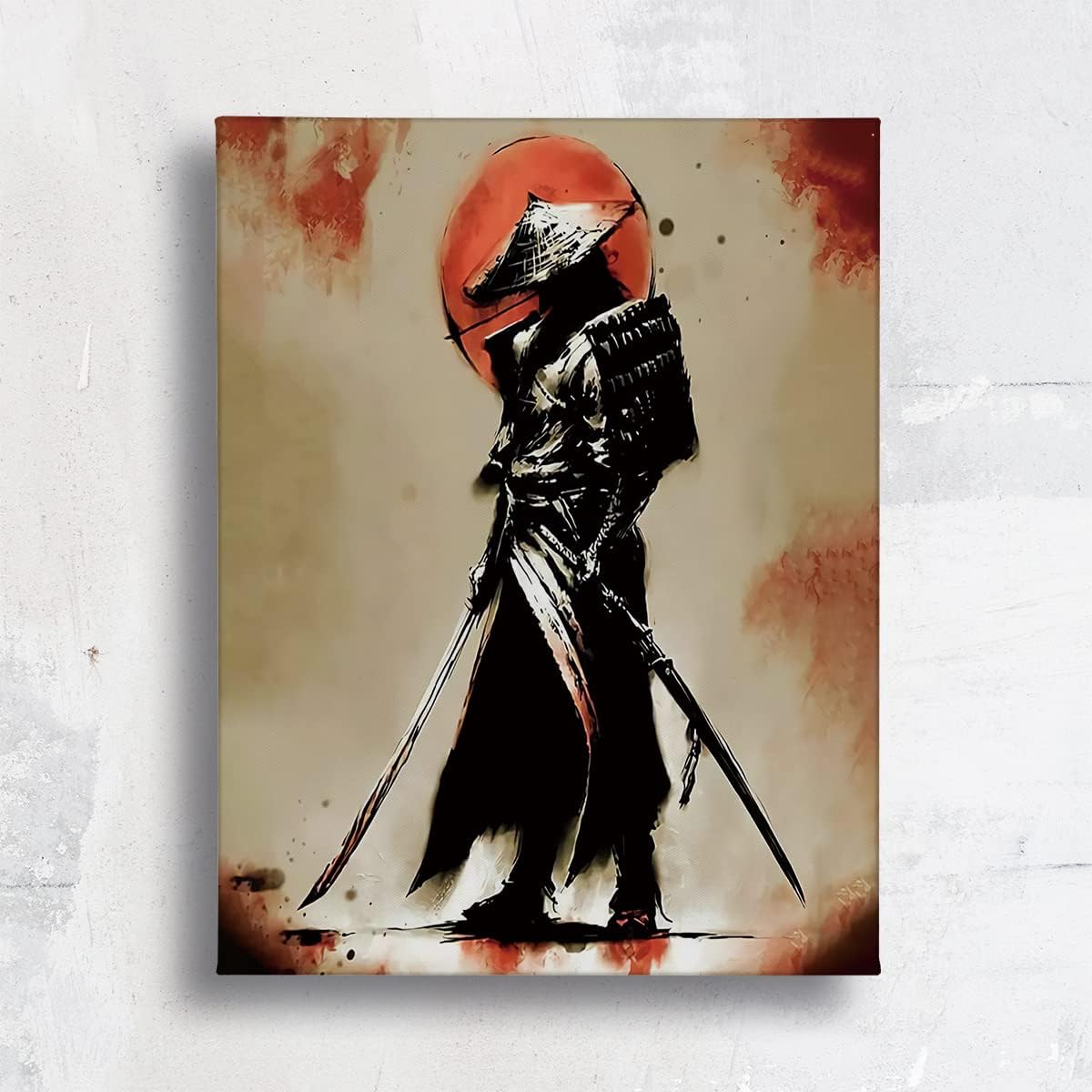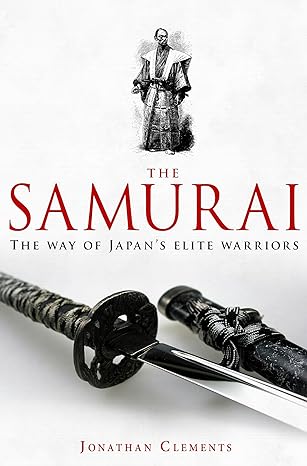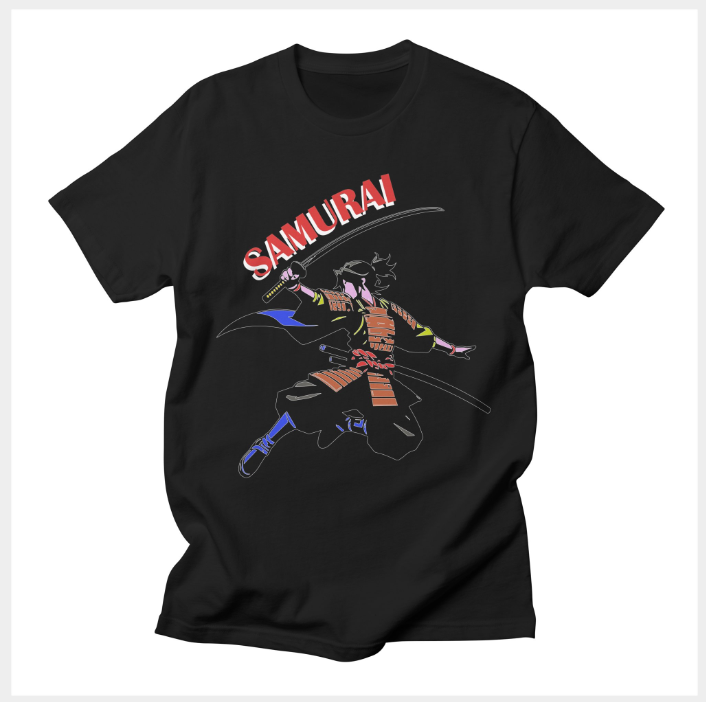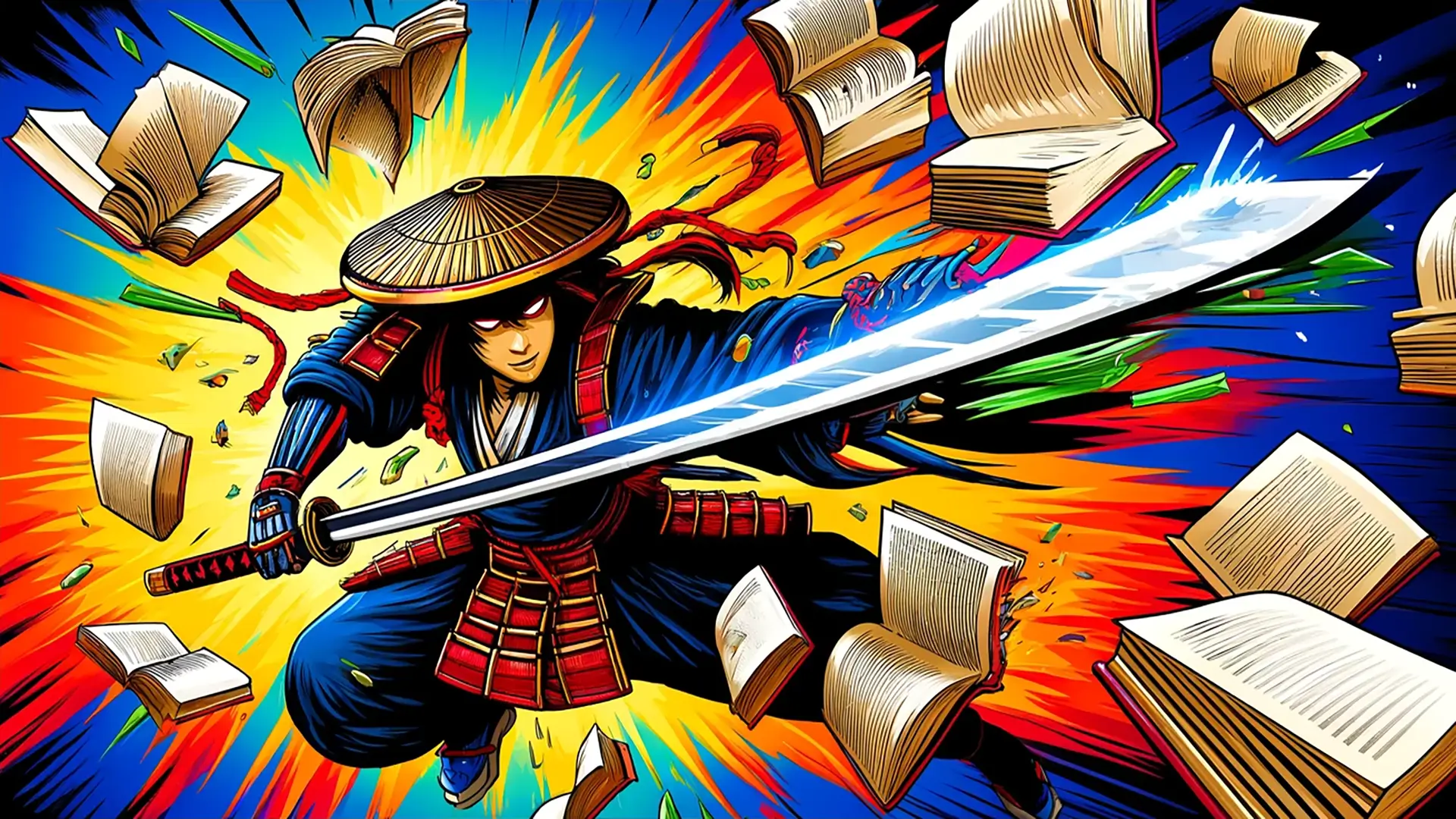3 Popular Traditional Samurai Books to Learn Their History
The samurai way, with its rigorous discipline and ideals of honor, duty, and loyalty, is enduringly fascinating in popular culture and in the imagination of many martial artists. Their mythic codes of conduct, mastery of martial skills, and stoic acceptance of death have become the stuff of legend.
For those seeking a compelling window into samurai history and mindset, several powerful works of Japanese literature capture the essence of this warrior culture. In this article, we will explore excerpts from three seminal books illuminating facets of samurai philosophy and evolution:

Miyamoto Musashi’s quest for swordsmanship perfection, the extreme samurai loyalty outlined in Hagakure, and a postmodern fictional tale of personal identity, The Last Samurai. Drawing from epic adventures, cultural study, and unconventional narrative, each work reveals the complex nature of Japan’s warrior class for contemporary readers.
1. Musashi by Eiji Yoshikawa
Yoshikawa’s sprawling epic “Miyamoto Musashi” drops readers right into the volatile world of 17th century Japan. Through muscular prose we join the legendary swordsman on his journey to become the greatest fighter who ever lived.
But Yoshikawa sketches out a complex protagonist – one driven by an insatiable, almost destructive desire for mastery in combat and the Zen-like spiritual perfection it promises. Musashi charges headlong into battles, duels, and messy entanglements, unable to silence his warring inner demons even as his legend grows.
Yet glimmers of humanity peek through his tough exterior. Brief respites with mentors who chisel away emotional walls; fleeting romantic trysts that end poorly but reveal vulnerability. Musashi remains blindly committed to his warrior code, but Yoshikawa ensures we relate to the man himself.
Yoshikawa doesn’t just tell a ripping samurai yarn (though he does!). He offers a window into the philosophical underpinnings of Feudal Japan – concepts of honor, discipline, and betterment that Musashi comes to embody. The rich historical details transport us to bustling castle towns, formal tea rooms, and remote mountain shrines. We can feel the scene, smell the sweat and blood.
Brutal yet introspective, grounded yet profound, “Miyamoto Musashi” brings alive the messy contradictions within a masterless samurai driven by his quest for greatness. Yoshikawa has etched his definitive fictional account of this endlessly fascinating icon.
2. Hagakure: The Book of the Samurai
Yamamoto Tsunetomo’s “Hagakure” offers a raw, unfiltered glimpse into the psychology underpinning his warrior class – the now mythologized samurai of Feudal Japan. Compiled from Tsunetomo’s conversations with a young protege, this muscular collection of aphorisms lays bare what defined the samurai.
And what ferocious commitment it required. Loyalty to one’s lord trumps all, demands unwavering dedication unto death. “Hagakure” drills down on the extreme sacrifices made – seppuku, self-immolation – to uphold samurai codes of honor. Mercy and hesitation get cast aside; decisive action rules the day.
Yet even as Tsunetomo outlines the demanding norms regulating samurai life, a stirring portrait of the warrior ethos emerges. We begin to comprehend how profoundly these men valued dignity, sacrifice, and ascetic dedication to becoming the perfect retainer.
Make no mistake – to modern eyes, “Hagakure” can read as a shocking endorsement of fanaticism. But look deeper, and you’ll discover the spiritual contentment Tsunetomo found in total devotion to his master. His words reveal satisfaction from a life lived with crystalline purpose – a stirring contrast to the complexity and chaos of our age.
While later scholars debate “Hagakure’s” warnings on unquestioning loyalty, none dispute its raw power for transporting readers inside long-lost Edo-era psychology. Tsunetomo speaks with muscular authority on what compelled samurai to live, kill and die by the sword. Eight hundred pages gaze directly into the samurai’s mind.

3. The Last Samurai by Helen DeWitt
Helen DeWitt’s ingenious literary mashup “The Last Samurai” blends striking originality with profound themes of personal identity. Her unconventional novel follows Ludo, a precocious young boy striving to uncover the truth about his absent father.
His formidable mother, Sibylla, raises Ludo on an intense regimen of eclectic languages, histories, and analytical thinking. He becomes a pint-sized polymath bursting with intellectual curiosity. But emotional voids linger – who is his dad?

DeWitt mirrors Ludo’s unquenchable yearning for knowledge through playful storytelling techniques. Conversations ricochet rapidly between topics, brain-teasing diagrams invade paragraphs, and chapters deliberately start mid-scene. Yet somehow, this postmodern pastiche works – mirroring the synaptic sparks inside a gifted young mind.
Beneath the inventive prose lies profound insight on parental bonds under strain. Sibylla grapples to balance loving protectiveness with granting independence. Their intricate relationship highlights universal truths about mothers, sons and the necessity of emotional risk-taking.
Make no mistake: “The Last Samurai” demands patience from readers. DeWitt refuses to conform to standardized novel templates. But those willing to channel Ludo’s intellectual adventurousness will savor an unconventional portrayal of wisdom gained and lost across generations.
Ultimately, DeWitt’s crisply original tone and intricate characters linger longer than any traditional plot could. “The Last Samurai” reminds us that the human need to understand one’s lineage is secondary to embracing the joy of restless curiosity.
Conclusion
While divergent in style and scope, these three seminal works unite to peel back the layers of discipline, training, and psychology that defined the samurai. Across sweeping fictionalized adventures, treatises on conduct, and postmodern reinvention, core principles of honor, loyalty, and self-improvement shine through. For modern readers, they bring to vivid life an ancient cadre of warriors that still captivates cultural imagination through skill, stoicism, and raw conviction.
Whether seeking epic entertainment, cultural study, or unconventional perspectives, these samurai books offer gateways to understanding the underpinnings of Japan’s fierce warrior code. The path they illuminate remains an enlightening one.
